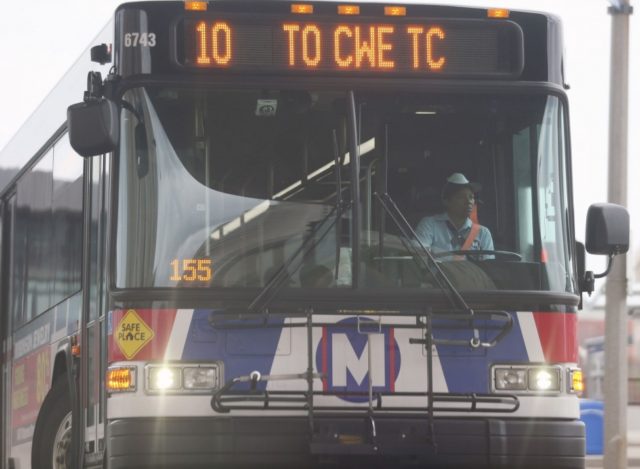Sept. 2 (UPI) — Bus drivers were more likely to offer a free ride to White passengers without enough money on their travel cards, and Black passengers were less likely to receive a free trip, researchers found in a study published Wednesday in the Economic Journal.
The finding, based on an experiment on real world buses in Queensland, Australia, shows racial bias in normal, every day activities, researchers said.
Numerous studies have demonstrated the ways racial bias can influence daily interactions. For the latest study, scientists wanted to understand how bias influences a person’s proclivity to offer someone a favor.
“The use of bus services and bus drivers as the subjects provided a nice setting in which we could test such favoring behavior,” study co-author Redzo Mujcic told UPI in an email.
“Thus, we did not say ‘let’s just study the bus drivers,’ it was more the entire context and decision environment which provided us with the ability to examine a large number of interactions in a consistent manner,” said Mujcic, an assistant professor of behavioral science at the Warwick Business School in Britain.
Researchers had paid actors attempt to board buses using travel cards with a depleted balance and recorded whether the riders were offered a free ride.
“We are able to study and participate in actual market transactions, where the subjects go about their everyday tasks without being aware that they are being studied,” Mujcic said. “This is extremely important in order to measure actual or true racial attitudes.”
In total, researchers collected data on 1,552 transactions in Queensland.
Bus drivers let White riders ride for free 72 percent of the time, but Black riders got a free ride just 36 percent of the time. Indian riders were allowed to ride for free just 52 percent of the time, while Asians were treated similarly to White passengers, earning a free ride 73 percent of the time.
Because White drivers offered Asian passengers free rides as often as White passengers and Black drivers also discriminated against Black passengers, researchers determined the drivers failed to exhibit evidence of favoritism toward their own race.
“Based on our various experimental treatments, perceived honestly or trust explains this behavior,” Mujcic said. “Where minority bus drivers seemed to [mistrust] even customers from their own group.”
In future studies, researchers plan to study the racial biases found among favor-giving behaviors in other countries and cultures.
“It is very hard to eradicate such favors. However, one approach would be via government monitoring or audits of such accommodations in markets,” Mujcic said. “Also, educating the general public and employees about such inequalities.”
“The first step is to expose and understand the determinants of such behavior — as such favors and White privilege is not only present in the studied market but many others,” Mujcic said.

COMMENTS
Please let us know if you're having issues with commenting.